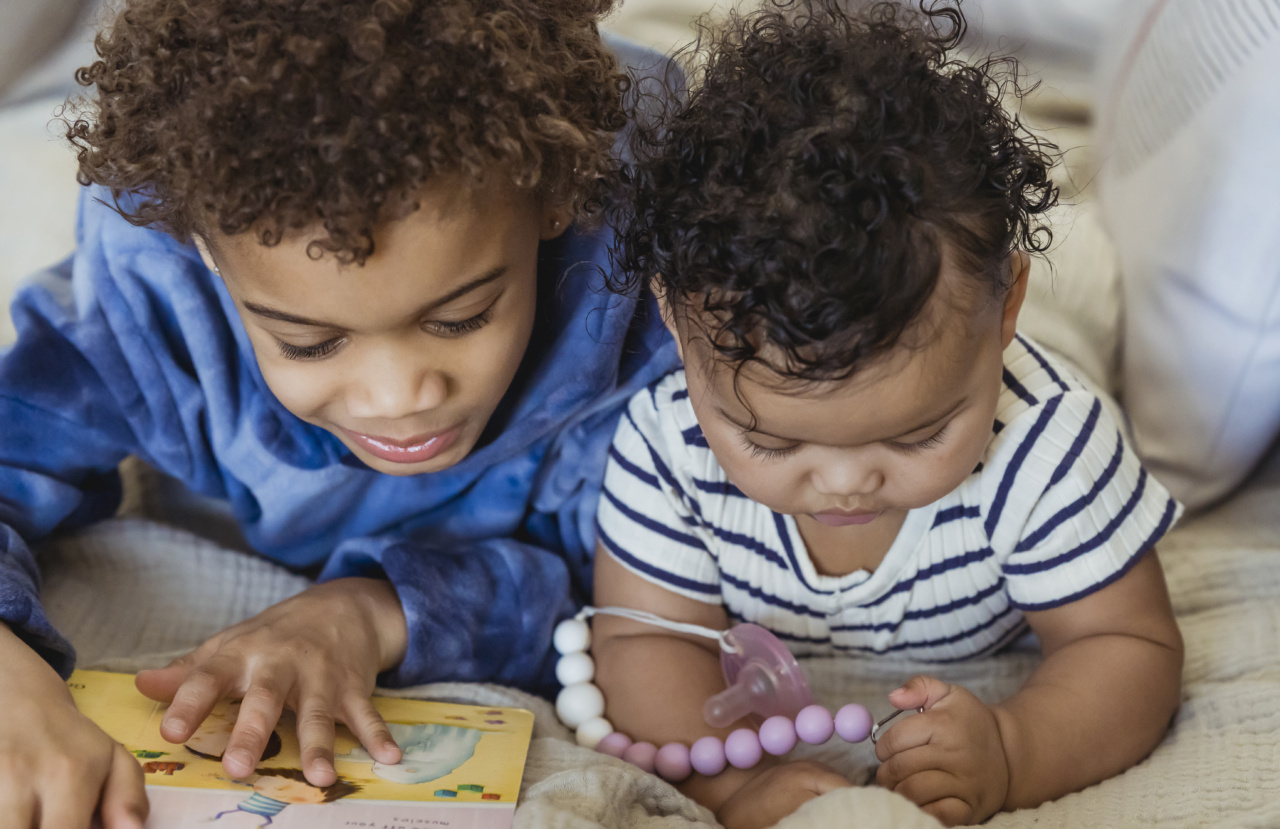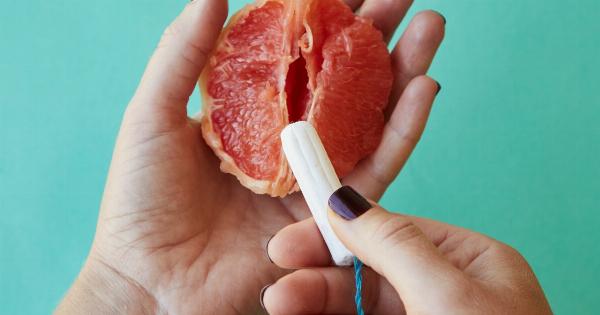A pacifier is a small, nipple-shaped artificial device meant for babies to suckle on. Many parents use pacifiers to soothe their babies or help them fall asleep.
However, there is an ongoing debate among parents and healthcare professionals about the potential harm that excessive pacifier use can cause to babies.
What is pacifier?
A pacifier is a rubber, plastic, or silicone nipple that a baby can suck on. It is usually attached to a handle or a ring that allows the parent to hold onto it. Pacifiers vary in size and shape, but the most common ones are round or orthodontic.
Pacifiers are often used to soothe babies or to help them fall asleep.
The benefits of pacifier use
Pacifiers can have many benefits for babies. For example, sucking on a pacifier can help babies feel secure and calm them down in stressful situations. Pacifiers can also help babies fall asleep faster and stay asleep longer.
Some research even suggests that pacifiers could reduce the risk of sudden infant death syndrome (SIDS).
How much pacifier use is too much?
While pacifiers can be helpful in many ways, excessive pacifier use can have negative consequences for babies.
Pacifiers are not recommended for children over the age of 2, and some healthcare professionals suggest that pacifiers should be limited to use during sleep and times of stress.
The potential harm of excessive pacifier use
Excessive pacifier use can have negative impacts on a baby’s development, including:.
- Speech development: Prolonged pacifier use can interfere with a baby’s ability to develop proper speech and language skills.
- Teeth: Pacifiers can cause teeth misalignment or even dental problems such as open bites, cross bites, and overbites.
- Ear infections: Pacifiers may increase the risk of ear infections, especially if they are not cleaned and sterilized regularly.
- Breastfeeding: Pacifier use can interfere with breastfeeding in some cases, especially if it disrupts a baby’s ability to latch properly or causes nipple confusion.
Reducing pacifier use
If you are concerned about the potential harm of excessive pacifier use, there are some steps you can take to reduce your baby’s dependence on pacifiers:.
- Limit pacifier use to sleep and times of stress.
- Wean your baby off pacifiers gradually, starting after 6 months of age.
- Offer alternative comforting strategies such as gentle rocking or cuddling.
- Replace pacifiers with comfort items such as stuffed animals or blankets.
- Encourage your baby to self-soothe by providing opportunities for independent play and exploration.
Conclusion
Pacifiers can be helpful tools for parents, but excessive pacifier use can have negative consequences for babies. It is important to consider the potential harm of pacifiers and work to reduce your baby’s dependence on them.
By limiting pacifier use and offering alternative comforting strategies, you can help support your baby’s healthy development.





























